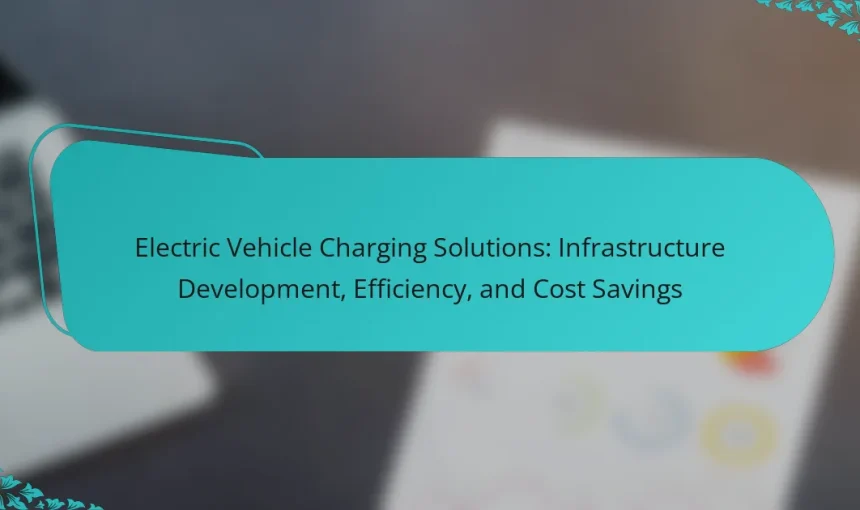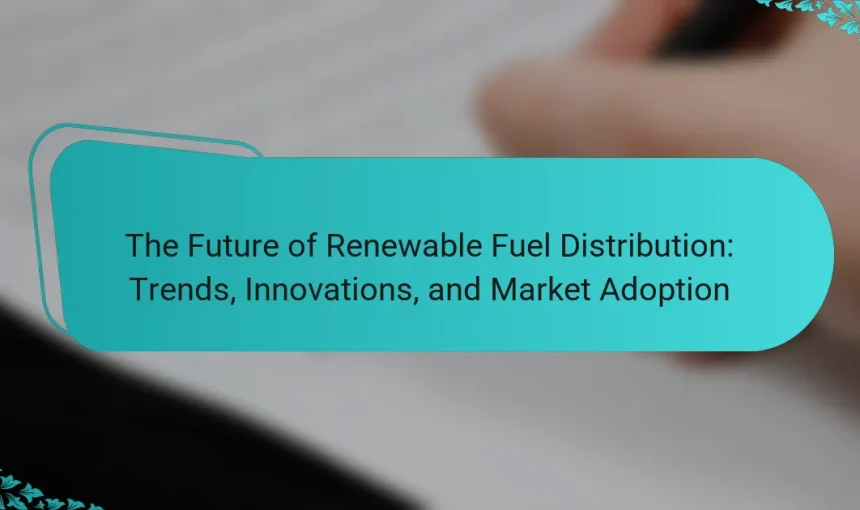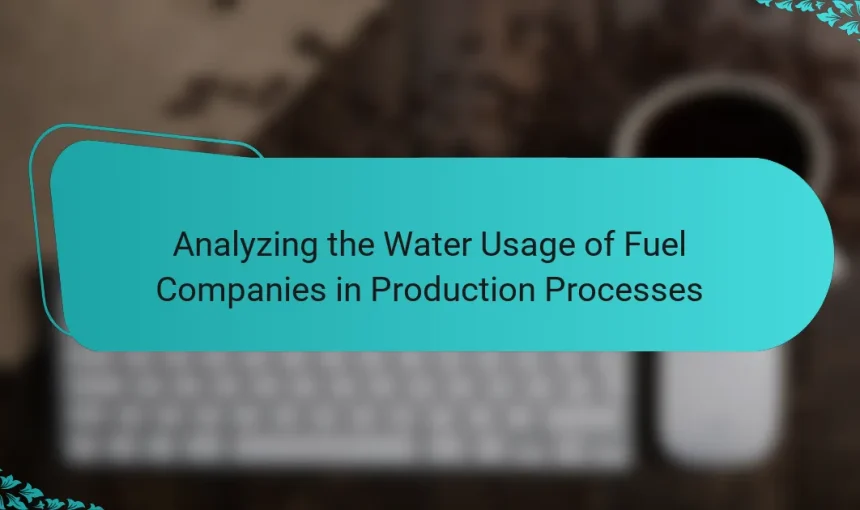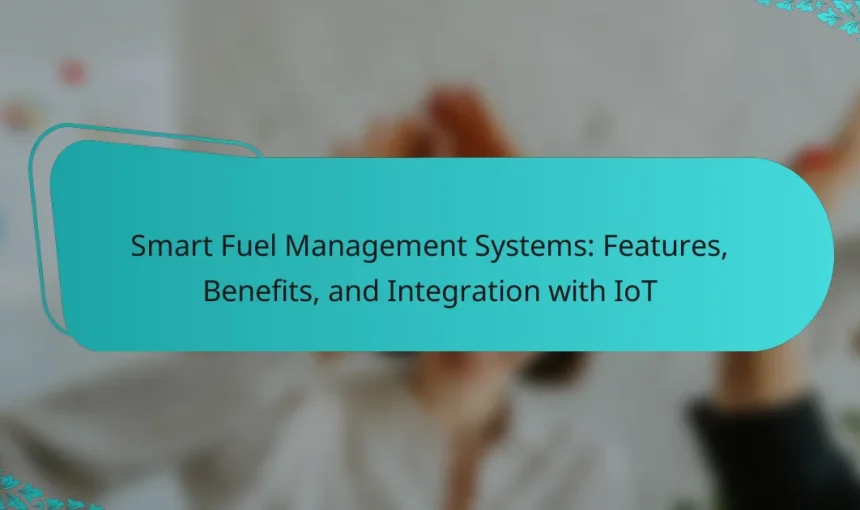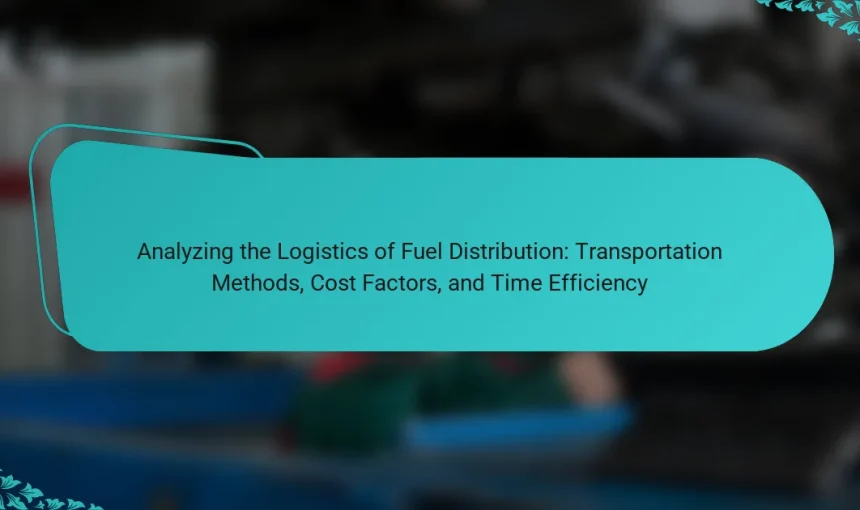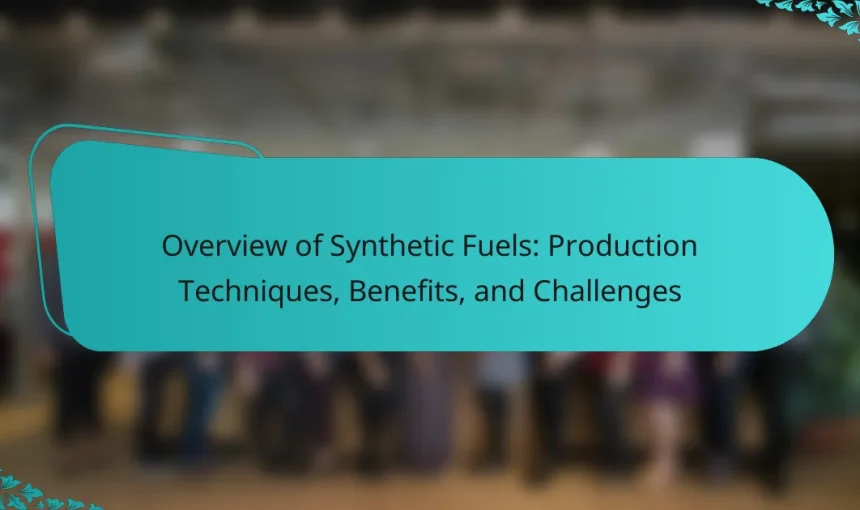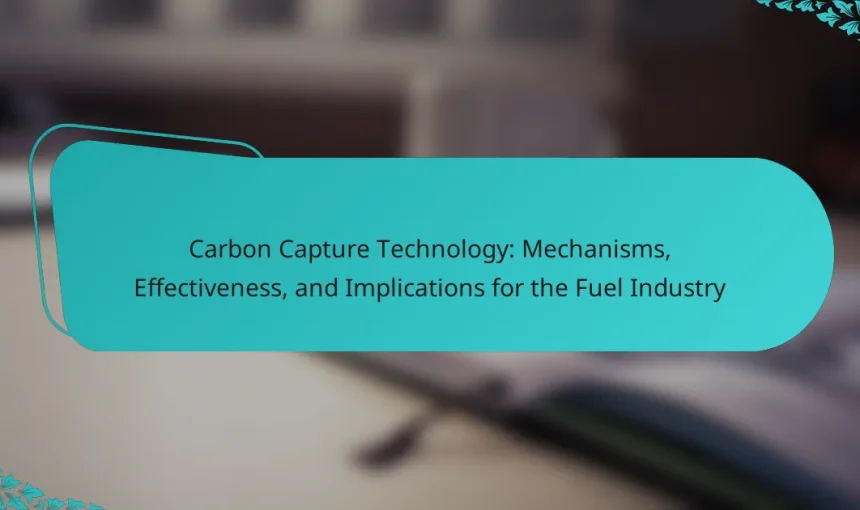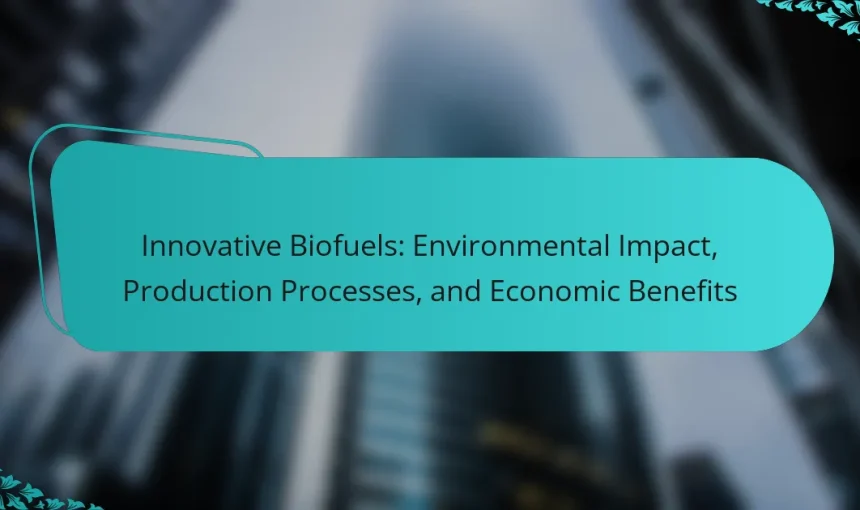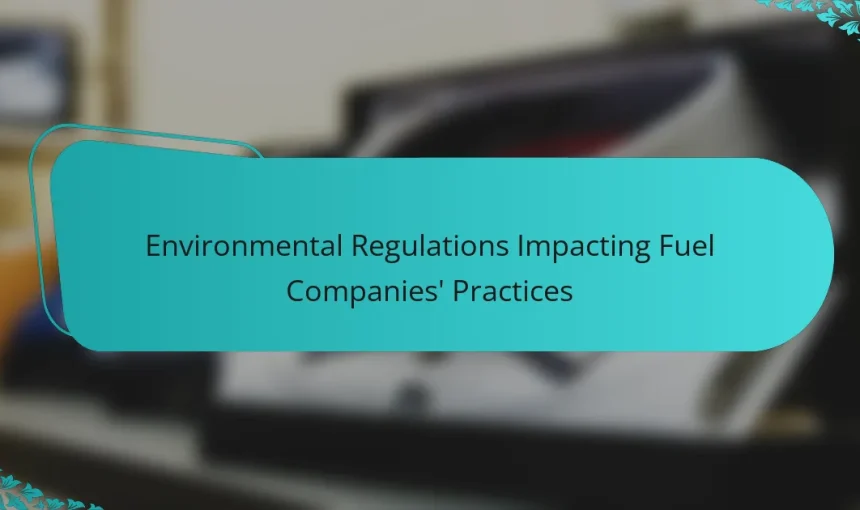What are Electric Vehicle Charging Solutions? Electric vehicle charging solutions are systems designed to provide electric energy to recharge electric vehicles (EVs). These solutions include various types of charging stations, such as Level 1, Level 2, and DC fast chargers. Level 1 chargers use standard household outlets and are suitable for overnight charging. Level 2 […]
What is the future of renewable fuel distribution? The future of renewable fuel distribution will be shaped by advancements in technology and infrastructure. Innovations such as decentralized distribution systems will enhance accessibility. Increased investment in biofuels and hydrogen will diversify fuel sources. Regulations promoting sustainability will drive market adoption. The global push for carbon neutrality […]
What is the significance of analyzing water usage in fuel companies’ production processes? Analyzing water usage in fuel companies’ production processes is significant for sustainability and efficiency. Water is a critical resource in fuel production. Companies often use large volumes of water for cooling, processing, and cleaning. High water consumption can lead to environmental impacts […]
What are Smart Fuel Management Systems? Smart Fuel Management Systems are advanced technological solutions designed to optimize fuel usage and reduce waste. These systems utilize real-time data analytics to monitor fuel levels, consumption patterns, and delivery processes. They often incorporate sensors and IoT technology for accurate tracking. By automating fuel management, organizations can enhance efficiency […]
What are the key components of fuel distribution logistics? The key components of fuel distribution logistics include transportation, storage, inventory management, and compliance. Transportation involves the movement of fuel from refineries to distribution points. It can utilize pipelines, trucks, or rail systems. Storage refers to facilities where fuel is kept before distribution. Proper inventory management […]
What are Synthetic Fuels? Synthetic fuels are man-made fuels produced from various feedstocks through chemical processes. They can be derived from coal, natural gas, or biomass. Synthetic fuels are designed to mimic the properties of conventional fossil fuels. They can be utilized in existing engines and infrastructure. The production of synthetic fuels often involves processes […]
What is Carbon Capture Technology? Carbon capture technology is a process designed to capture carbon dioxide emissions from sources like power plants. It prevents CO2 from entering the atmosphere, thereby reducing greenhouse gas emissions. The captured CO2 can be stored underground or utilized in various industrial processes. This technology is critical in combating climate change. […]
What are Innovative Biofuels? Innovative biofuels are advanced forms of biofuels that utilize new technologies for production. They are derived from renewable biological materials, such as agricultural waste, algae, and non-food crops. Unlike traditional biofuels, innovative biofuels aim to improve efficiency and reduce environmental impact. They can be produced through processes like fermentation, gasification, and […]
What are Environmental Regulations Impacting Fuel Companies? Environmental regulations impacting fuel companies include laws and policies aimed at reducing pollution and promoting sustainability. These regulations often require companies to limit emissions of greenhouse gases and other pollutants. For example, the Clean Air Act in the United States sets standards for air quality and emissions. The […]
What are Bundling and Discount Pricing Strategies for Fuel Retailers? Bundling and discount pricing strategies for fuel retailers involve offering combined products or services at a reduced price. Bundling can include fuel purchases with car washes or convenience store items. This strategy encourages customers to buy more than they initially intended. Discount pricing involves reducing […]
